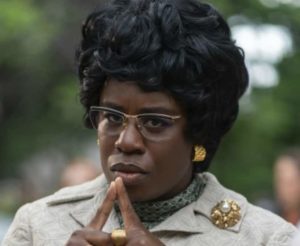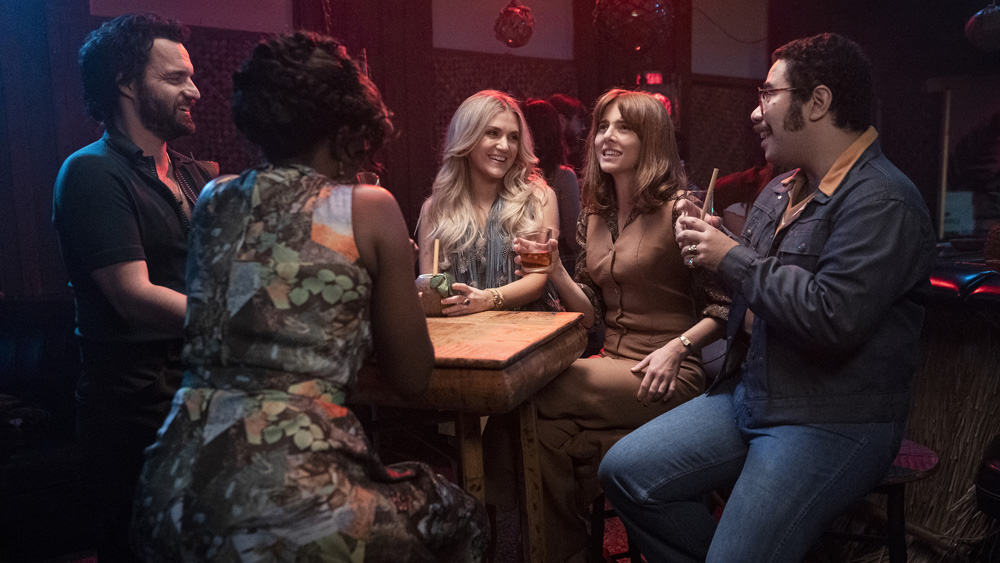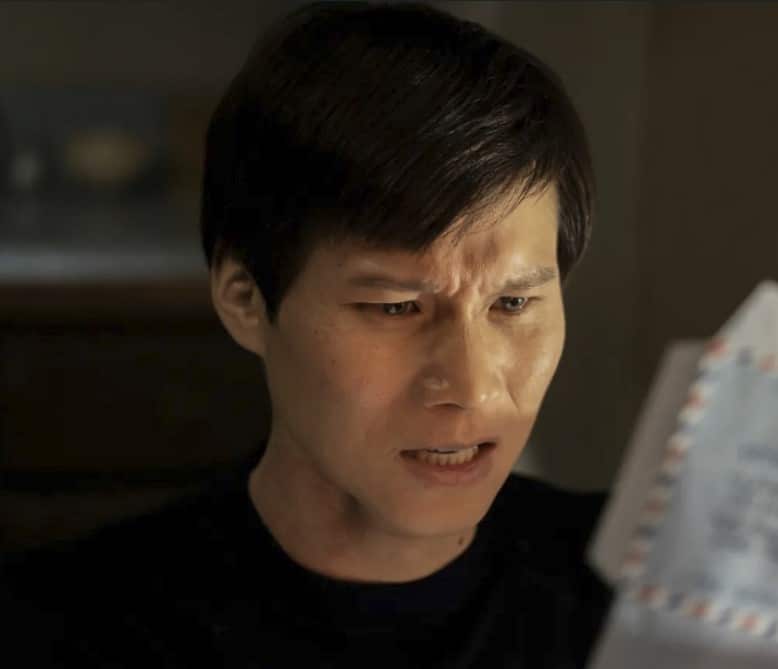Watercooler Pick

Mrs. America
- Series
- Where to Find It: Hulu
- Rating: TV-MA
- Release Date: 2020
- Seasons: 1 Season
- Episodes : 9 Episodes
- Length: 43 - 54 Minutes
Recommended by:
Share on social media
Find More Watercooler Picks
A historical drama that delves deep into the political fight over the ratification of the Equal Rights Amendment during the 1970s, Mrs America sheds light on the personal lives and points of view of the women leading the movements for and against it.
Starring Cate Blanchett, Rose Byrne, Uzo Aduba, Sarah Paulson, Tracey Ullman, Margo Martindale, John Slattery, Elizabeth Banks, and James Marsden. Created and co-written by Dahvi Waller (Mad Men). Written and directed by Anna Boden and Ryan Fleck (Captain Marvel).
When Mrs. America originally premiered on FX, the NCAA tournament had just been indefinitely postponed due to the pandemic. If this historical political drama were a basketball game, the teams going at it would be the Libbers and the Skirts. The first two episodes are named for the team captains: “Phyllis” (Phyllis Schlafly) and “Gloria” (Gloria Steinem). The game ball is the ERA, or the Equal Right Amendment, passed by the U.S. Senate in March 1972 and sent to the states for ratification (as a constitutional amendment, it required 38 states to approve it before becoming the law of the land).
 The Crux of the Debate: The Libbers claim the ERA provides necessary legal protection for women and girls against gender discrimination. The Skirts claim it undermines traditional American family values by blurring gender differences and subverting cherished gender roles.
The Crux of the Debate: The Libbers claim the ERA provides necessary legal protection for women and girls against gender discrimination. The Skirts claim it undermines traditional American family values by blurring gender differences and subverting cherished gender roles.
Of course, the referees are the all-male political establishment. Still, how the Libbers and Skirts marshal their small-time organizational skills to play the big-time political game is probably the best and most inspiring part of the series. It opens with George McGovern and Barry Goldwater running for president and needing the women’s vote. But forget about them: all the men in Washington look alike in their dark suits.

The Players: As the eponymous Mrs. America, Cate Blanchett loses her slit-eyed Mean-Girl menace to smile sweetly at everyone, while a dozen subtle emotions play across her face as she endures the condescension and inappropriate passes of a local politician.
Rose Byrne makes a plausible Gloria, harried and conflicted by the push-pull of all the factions trying to use her image, although the real Gloria had better posture and a more resonant alto voice, conveying more assurance and conviction.
 Margo Martingale is wonderful as Bella Abzug, recognizable immediately by her hats. In Congress she takes the pragmatic position, pushing the women’s vote toward McGovern instead of toward her friend and colleague Shirley Chisholm, the first African-American woman elected to Congress in 1968, and the first to run for president.
Margo Martingale is wonderful as Bella Abzug, recognizable immediately by her hats. In Congress she takes the pragmatic position, pushing the women’s vote toward McGovern instead of toward her friend and colleague Shirley Chisholm, the first African-American woman elected to Congress in 1968, and the first to run for president.

As Chisholm, Uzo Aduba deserves her own spin-off series. She is devastated when the Libbers do not support her at the Democratic Convention, yet in the last shot of the episode named for her (Episode 3) she is smiling jubilantly and holding hands with the male candidates on stage.

Comedian Tracey Ullman plays Betty Friedan, author of the seminal feminist book The Feminine Mystique and founder of NOW, as a cartoonish, socially clumsy egoist, likely to offend everyone both inside and outside the Women’s Movement. Points pile up for the Skirts whenever she’s on screen. It’s illustrative, in terms of Friedan herself and where we were culturally at the time, that when she reverses her position on excluding lesbian rights from the platform, it’s a big deal. On the other hand, the Libbers score with every racially insensitive remark Phyllis’s conservative, family-values teammates make.
As you might expect given the subject, sex is a thematic element in both senses of the word. There’s an early, anti-erotic sex scene between Phyllis and her otherwise thoughtful husband. Contrasted with a later, hotter sex scene between an unmarried Gloria and her lover, it seems particularly disturbing, no matter how historically or culturally accurate it might be about married sex in the heartland in the 1970s. It raises the question of how much of our modern-day #MeToo lens we should use in viewing this series, especially when it takes on harassment directly in a historical context. When a Democratic congressman on their side is involved in a sex scandal (and it’s clear he’s not the only one taking advantage of female staff members), it’s frustrating to see the women in the liberation movement advocate for silence in pursuit of their greater goal, but those were different times.
Though the momentum seems to be with the Libbers throughout the series, we already know the outcome—the ERA didn’t reach the 38-state threshold by the deadline and was never ratified. Knowing this, however, doesn’t make the inevitable and climactic clash between the factions at the 1977 Women’s National Conference in Houston any less exciting.
Photos: Courtesy of FX/Hulu
Mrs. America is a good place to start exploring where our current political and cultural divisions started widening.
A mixed group of women and men of different generations. So, pretty much anyone (with the exception younger viewers, due to the sexual content).
Sports analogy aside, anyone who lived through these years can vouch that there was a lot at stake—making it hard for the series’ writers to approach the material even-handedly.
- Moods: enlighten me, inspire me, stretch my mind, take me back
- Interests: history, politics, true stories

Mary Beth Ross








